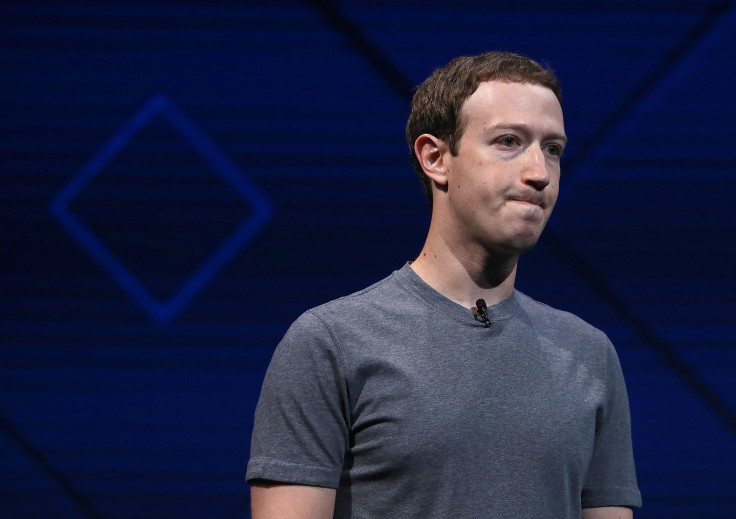Zuckerberg asks for forgiveness for the ways Facebook 'was used to divide people' in Yom Kippur post
"For those I hurt this year, I ask forgiveness and I will try to be better," Facebook CEO Mark Zuckerberg wrote.

Mark Zuckerberg asked for forgiveness for the ways Facebook was used to divide people in a post on Saturday evening (30 September) marking the end of Yom Kippur, the Jewish holiday of atonement. The Facebook CEO's comments come as the company faces intense scrutiny over its advertising policies, particularly its political advertising.
"Tonight concludes Yom Kippur, the holiest day of the year for Jews when we reflect on the past year and ask forgiveness for our mistakes," Zuckerberg wrote. "For those I hurt this year, I ask forgiveness and I will try to be better. For the ways my work was used to divide people rather than bring us together, I ask forgiveness and I will work to do better."
Last month, Facebook handed over 3000 ads to congressional investigators after admitting it sold $100,000 (£74,744) worth of politically divisive ads to inauthentic accounts likely linked to Russia from June 2015 to May 2017. The platform was also reportedly used by Russian operatives to remotely organise anti-immigrant protests and pro-Trump rallies on US soil.
It was recently reported that Facebook allowed marketers to target their ads towards anti-Semitic users interested in topics such as "How to Burn Jews". The company has since taken down the offensive ad categories, has vowed to make its ad policies more transparent and will introduce a number of measures to safeguard election integrity.
"I don't want anyone to use our tools to undermine democracy. That's not what we stand for," Zuckerberg said in a Facebook Live video. Last week, he voiced regret for initially dismissing the idea that fake news stories on Facebook were used to influence the 2016 as a "pretty crazy idea".
Facebook, Twitter and other tech firms have come under fire from lawmakers and congressional committees investigating Russian attempts to interfere in the 2016 election. Several committees along with the US Department of Justice are currently conducting probes into Russian meddling in the election and alleged collusion between Trump's campaign and Moscow.
Twitter recently disclosed that it banned 200 Russia-linked accounts used to spread propaganda and noted that 22 accounts were linked to Facebook accounts that Facebook identified as being connected to Russian efforts to influence users.
The Senate Intelligence Committee has invited Facebook, Twitter and Google executives to testify at an open hearing to understand how foreign actors may have used their platform to influence the election.
© Copyright IBTimes 2024. All rights reserved.






